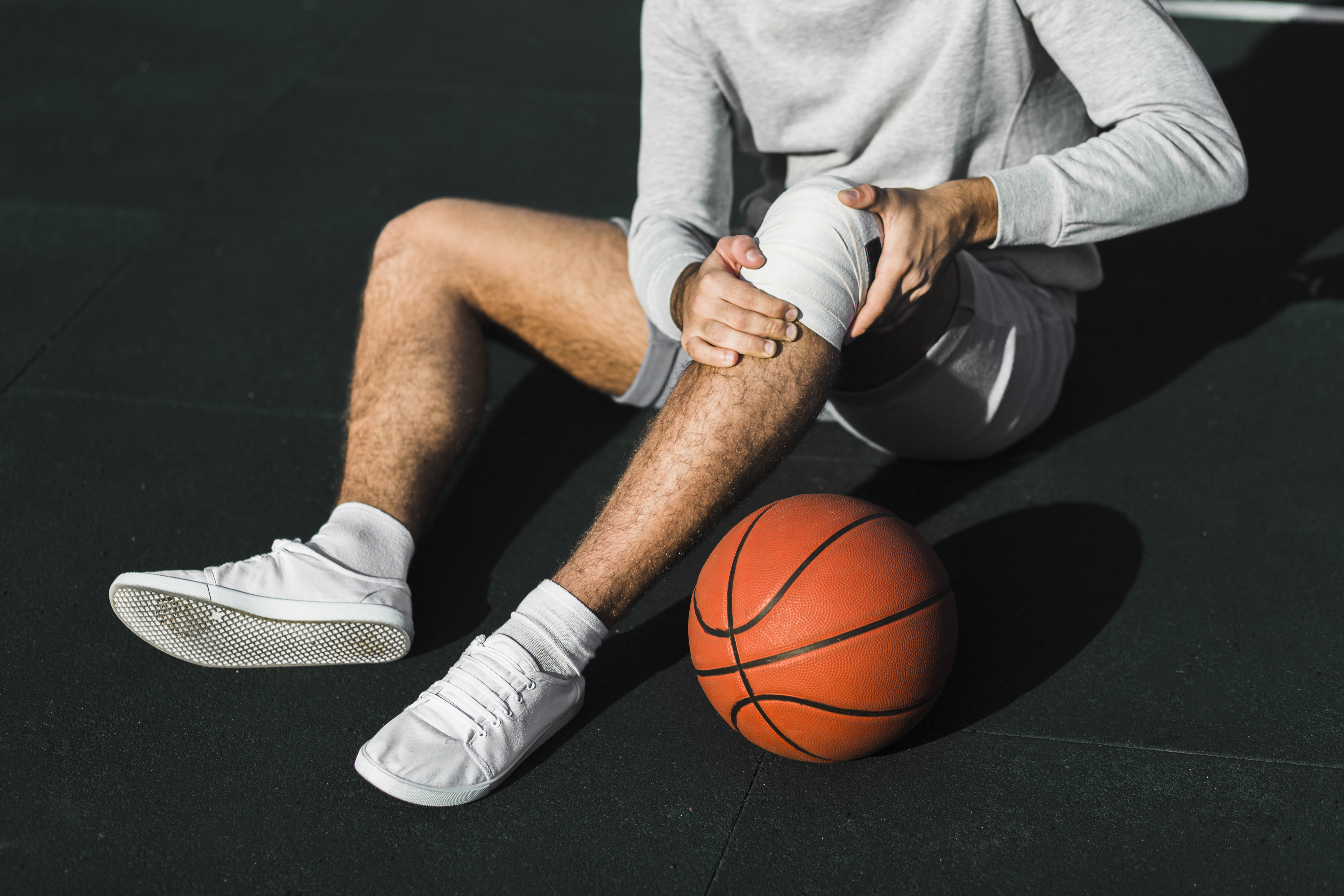Sport Injuries
Whether you're a professional athlete or a fitness lover, sports injuries can disrupt your goals and daily life. At FisioBee, we provide expert sports injury physiotherapy that helps you recover faster, move better, and prevent future injuries — all with personalized care from certified physiotherapists.
Common Causes of Sports Injuries :
-
Overuse -
Repetitive stress on muscles and joints (e.g., tendinitis, stress fractures)
-
Improper Technique -
Poor form or biomechanics increasing injury risk
-
Lack of Warm-Up -
Inadequate stretching or preparation before activity
-
Sudden Impact or Trauma -
Collisions, falls, or direct blows during sports
-
Weak Muscles or Joints -
Lack of conditioning leading to instability and strain
-
Overtraining -
Pushing oneself too hard or too fast can lead to overuse injuries.
Types of Sports Injuries:
1. Sprains and Strains
-
Sprains -
Ligament injuries caused by overstretching or tearing (e.g., ankle sprains)
-
Strains -
Muscle or tendon injuries due to overuse or sudden movements
2. Fractures and Dislocations
-
Fractures -
Broken bones from high-impact sports or falls
-
Dislocations -
Joints forced out of their normal position (e.g., shoulder dislocation)
3. Tendon and Ligament Injuries
-
Tendinitis -
Inflammation of tendons due to repetitive stress (e.g., tennis elbow, Achilles tendinitis)
-
Torn Ligaments -
Includes ACL (anterior cruciate ligament) tears common in knee injuries)
4. Concussions and Head Injuries
-
Caused by direct blows to the head, leading to dizziness, headaches, and cognitive impairment
5. Shin Splints and Stress Fractures
-
Overuse injuries causing pain in the lower legs, common in runners
Treatment and Rehabilitation:
1. Immediate Care (R.I.C.E. Method)
-
Rest -
Avoid activities that worsen symptoms
-
Ice -
Apply ice packs to reduce swelling and pain
-
Compression -
Use bandages to support the injured area
-
Elevation -
Keep the affected limb raised to minimize swelling
2. Physical Therapy and Rehabilitation
-
Strengthening Exercises -
Improve muscle and joint stability
-
Stretching Routines -
Enhance flexibility and prevent stiffness
-
Manual Therapy -
Techniques such as massage to aid recovery
3. Medical Interventions
-
Pain Management -
NSAIDs (ibuprofen, naproxen) for inflammation
-
Bracing or Taping -
Supports injured joints during healing
-
Surgical Treatment -
Required for severe ligament tears, fractures, or joint dislocations
Prevention and Lifestyle Modifications
-
Warm up before exercise and cool down afterward
-
Maintain proper technique and posture during activities
-
Strengthen muscles to improve stability and reduce strain
-
Use appropriate protective gear (helmets, braces, pads)
-
Avoid overtraining and allow sufficient recovery time
Sports injuries can impact performance and long-term health, but with early intervention and proper rehabilitation, athletes can safely return to activity. At Fisiobee, we provide specialized treatments to help you recover faster and prevent future injuries.
